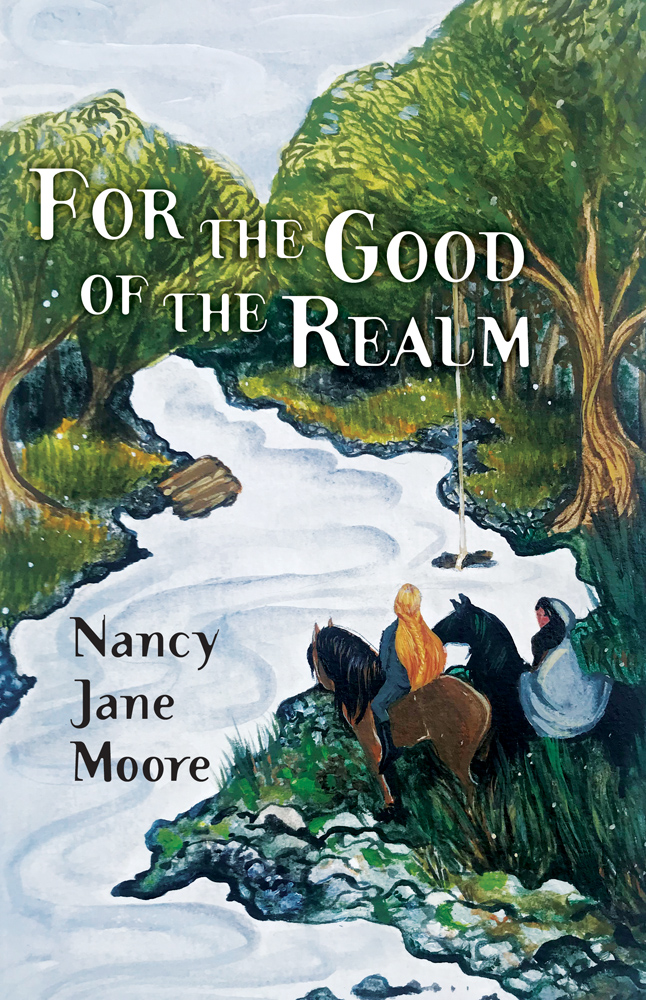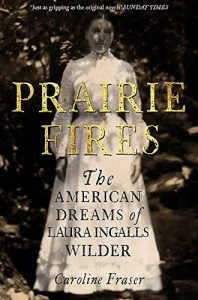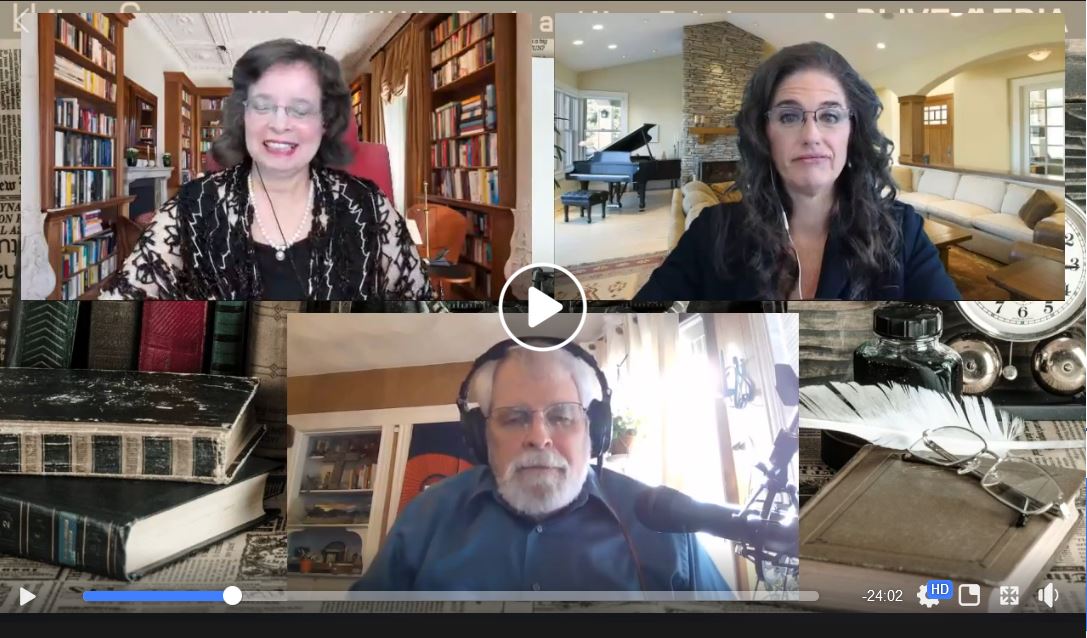Dear Auntie Deborah, How do I stick with my story idea and finish writing it? 
Some writers can take an idea and launch it into a story while writing, but most of us can’t — or else end up revising many times to whip that shapeless manuscript into something that resembles a true story. Your description of losing motivation suggests that you, like me, need to have more structure in place before beginning.
What do I mean by structure? I need to have a hook or inciting incident — the action, situation, crisis, or decision that fuels the first part of the story. Then something goes wrong (or right, or unexpected) and spins the story in a new direction — that’s the first plot point. I need to know what it’s all building toward, and also the feeling or flavor I want to leave the reader with (sadness, triumph, satisfaction, chocolates on the pillow?). I need at least 2 or 3 characters I’m in love with, although I don’t necessarily need to know what happens to them. I write all this down, do flow charts and maybe a map or two. If I’m submitting on proposal, I’ll need to flesh it out into a proper synopsis plus the first 3 chapters, but for writing for myself on spec, that’s enough to get me going.
If these concepts are unfamiliar with you, I encourage you to learn more about storycraft and the journey from idea to plot/character/dramatic arc. Ideas aren’t a bad place to start, they’re just not enough.
Deborah: It is as important to know which advice to ignore as which to pay attention to! Without knowing the sources of your opinions, I can’t evaluate their validity, but — BUT — I am always leery of anyone who tells me how to fix problems in my own work. This was true when I began writing on a professional level 35 years ago, and it certainly is true now. What helps me are comments like, “I’m confused about x,” or “This didn’t work for me,” or “I don’t care what happens to this character.” In other words, careful readers marking where they had problems. Then it’s up to me, the author, to discern where I went wrong and how I want to remedy it. (This is how my publishing editor and I work together, by the way.)
My second point is that learning to write and working on a specific project are two different things. A project problem may highlight a skill you need to strengthen, but someone telling you how to improve it makes it their story, not yours, and isn’t likely to help you improve as a writer.
I wonder if you might fare better by not showing your work to anyone until it is completed to the best of your ability. Otherwise you run the risk of distorting your artistic vision to please others so much that you lose your authentic creative voice. When you are ready for feedback, seek out trusted readers (who need not be writers themselves but who have keen sensitivity to their own reactions) or writers a little ahead of you in their careers. Make it clear what kind of feedback you want: What worked for you? What didn’t? Where did you lose interest? Was the result satisfying? And leave the nuts and bolts of prose craft for a separate discussion.
Continue reading “Auntie Deborah Answers Your Writing Questions”…

 Cities are palimpsests. Growing up in New York, I saw constant evidence of this: tear down a building and there would be a painted advertisement from the early 1900s, or the brick outline of an earlier neighboring building. Restaurants that were a feature of my childhood streets are barely a memory now: gone. In New York the only constant, really, was change.
Cities are palimpsests. Growing up in New York, I saw constant evidence of this: tear down a building and there would be a painted advertisement from the early 1900s, or the brick outline of an earlier neighboring building. Restaurants that were a feature of my childhood streets are barely a memory now: gone. In New York the only constant, really, was change.
 I just finished reading Prairie Fires, a biography of Laura Ingalls Wilder, which I recommend highly. The author of the eight Little House books, she wrote about her childhood during the push west by homesteaders and farmers. “I told the truth,” she said. “But not the whole truth.” The books are a “good parts” version of her life, but some important “truths” were omitted, because Wilder (and her daughter Rose Wilder Lane, who was her secret beta reader, line editor, and editorial advisor) took out things that didn’t underscore her narrative. The narrative? That her family (in particular her adored father, Charles Ingalls) survived and flourished through hard work, love, and self-reliance, and that self-reliance, a core virtue of westward expansion, is a uniquely American virtue.
I just finished reading Prairie Fires, a biography of Laura Ingalls Wilder, which I recommend highly. The author of the eight Little House books, she wrote about her childhood during the push west by homesteaders and farmers. “I told the truth,” she said. “But not the whole truth.” The books are a “good parts” version of her life, but some important “truths” were omitted, because Wilder (and her daughter Rose Wilder Lane, who was her secret beta reader, line editor, and editorial advisor) took out things that didn’t underscore her narrative. The narrative? That her family (in particular her adored father, Charles Ingalls) survived and flourished through hard work, love, and self-reliance, and that self-reliance, a core virtue of westward expansion, is a uniquely American virtue.
 Roger Zelazny was one of the greats. I had the immense good fortune to be acquainted with him, and to learn about what I call Roger’s Rule for Writing.
Roger Zelazny was one of the greats. I had the immense good fortune to be acquainted with him, and to learn about what I call Roger’s Rule for Writing. It’s been an exciting couple of months. Back in mid-August, Auntie Deborah and her household fled from the wildfires descending upon their small California town. After a month staying first with friends and then in a hotel, she and her people and all four cats returned home to a herculean clean-up job. Actually, the cats did not contribute, except in a profusion of shed fur. Order and cleanliness are gradually emerging, along with a return to writing her own work and advising younger writers.
It’s been an exciting couple of months. Back in mid-August, Auntie Deborah and her household fled from the wildfires descending upon their small California town. After a month staying first with friends and then in a hotel, she and her people and all four cats returned home to a herculean clean-up job. Actually, the cats did not contribute, except in a profusion of shed fur. Order and cleanliness are gradually emerging, along with a return to writing her own work and advising younger writers.